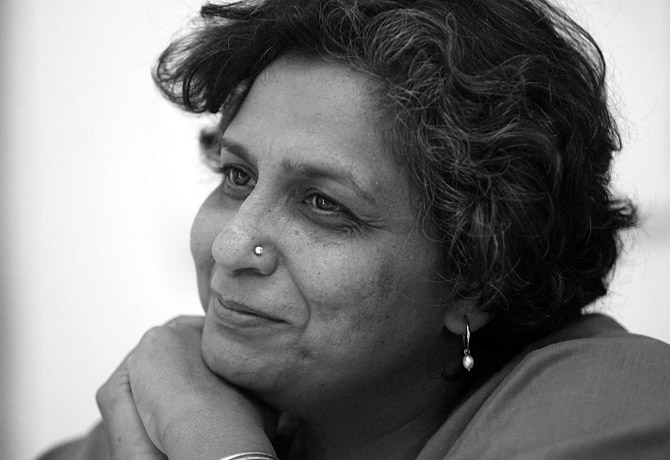
I met Anjali Gopalan in 1995, when I was researching a new disease whose name was spoken only in whispers in India. At the time, doctors and nurses in some Delhi hospitals would not touch people infected with HIV. Gopalan not only touched them; she took them into her home and danced with them. She escorted me to the hidden places where gays and lesbians met: in Nehru Park on Sunday evenings and at a party where men arrived garbed as Bollywood heroines from the 1950s and '60s. It was a threatened world, and Gopalan had returned home from Brooklyn to protect it.
Through her work at the Naz Foundation, Gopalan, 54, has done more than anyone else to advance the rights of gays and the transgendered in India, successfully petitioning the courts to get rid of a British-era law against sodomy. But her work isn't just in courtrooms. She also runs a home for HIV-positive orphans.
Gopalan has brought about a revolution in the status of sexual minorities in India — and has done so joyously, dancing.
Mehta is the author of Maximum City: Bombay Lost and Found